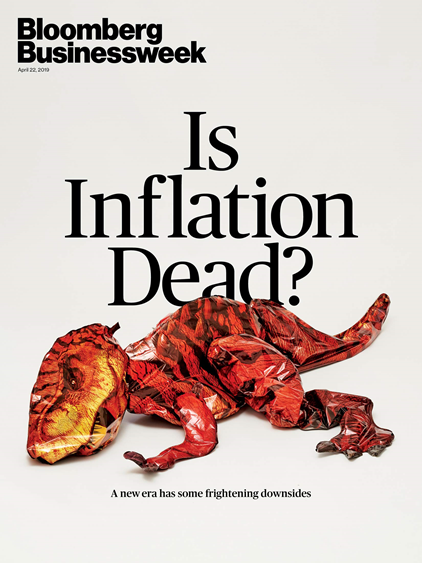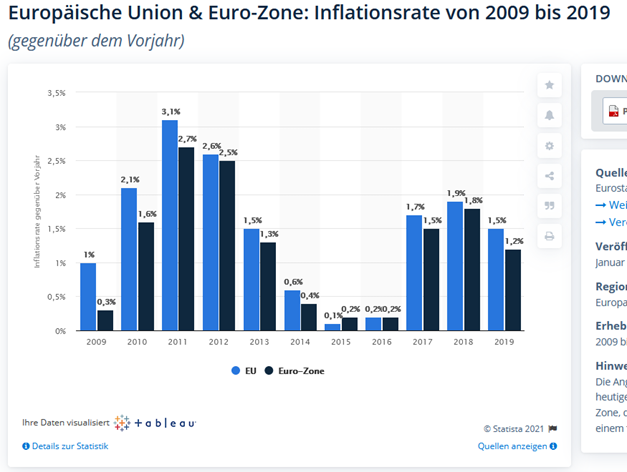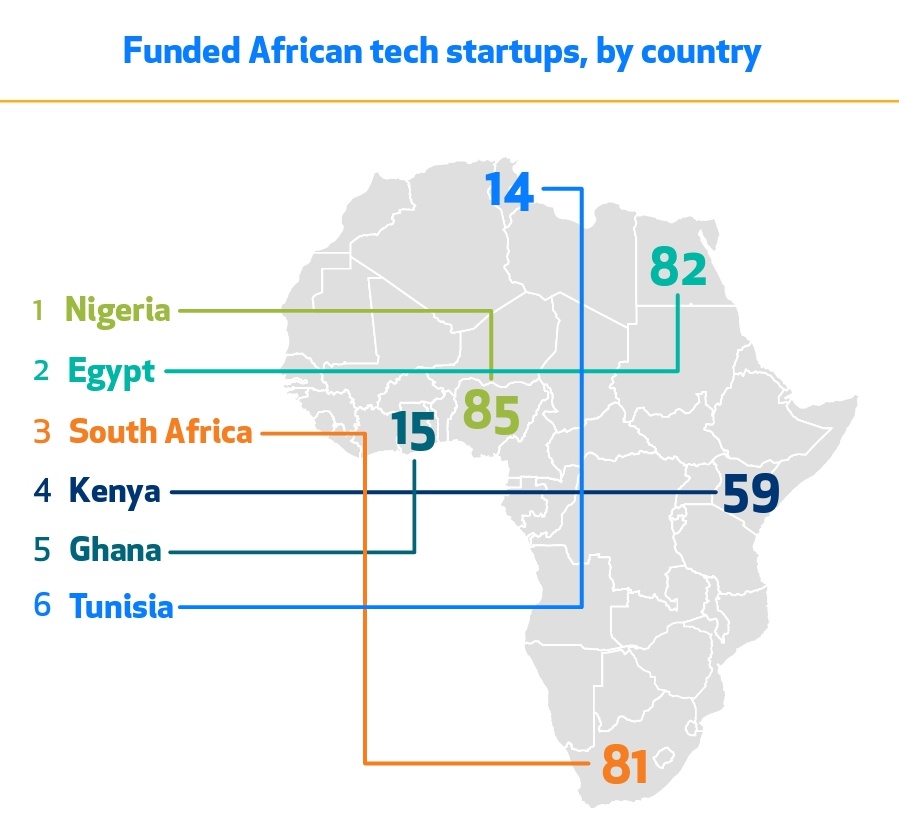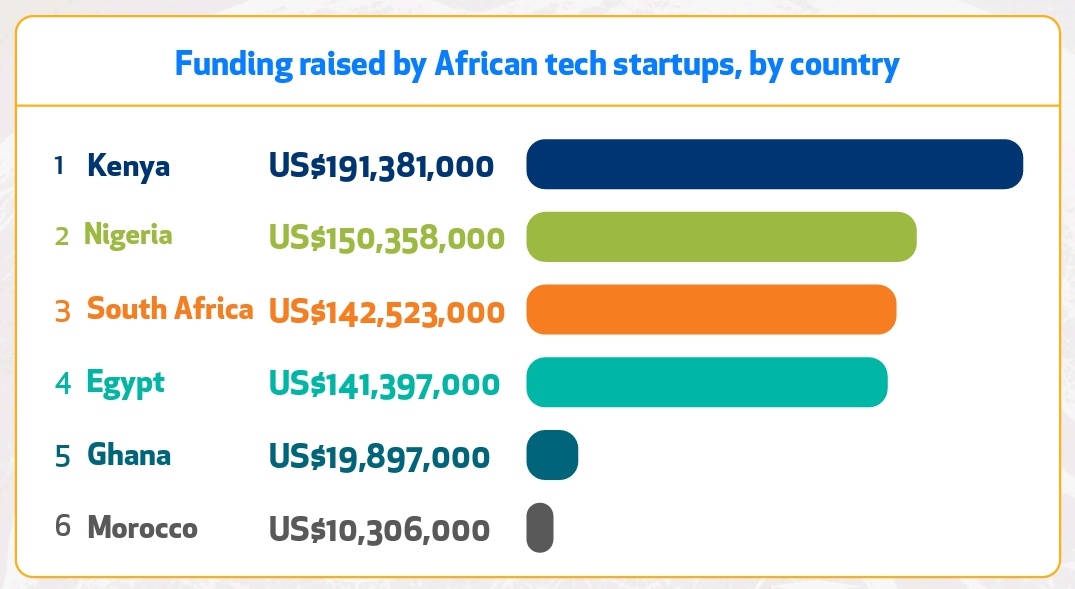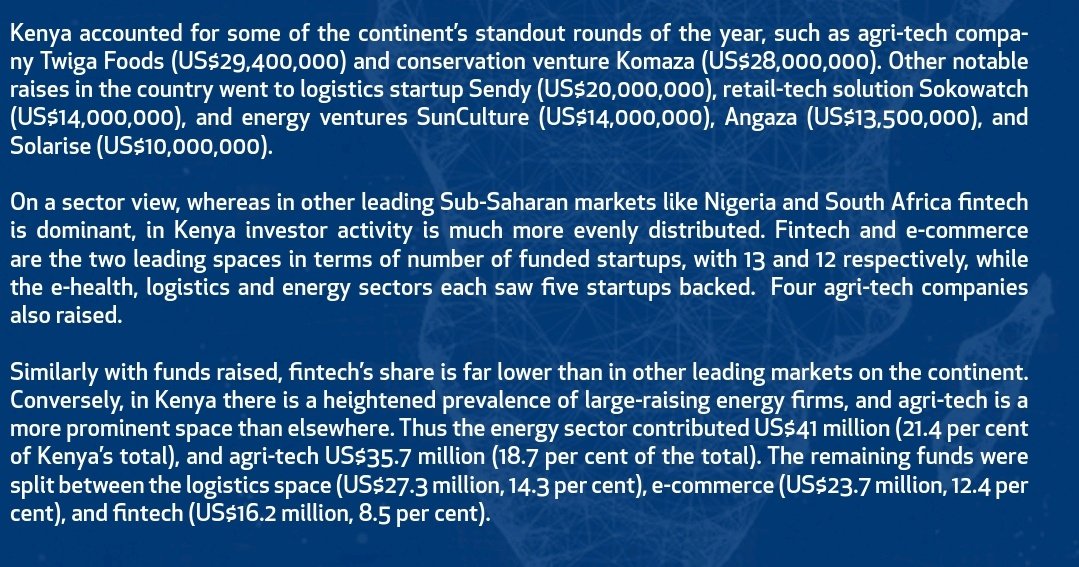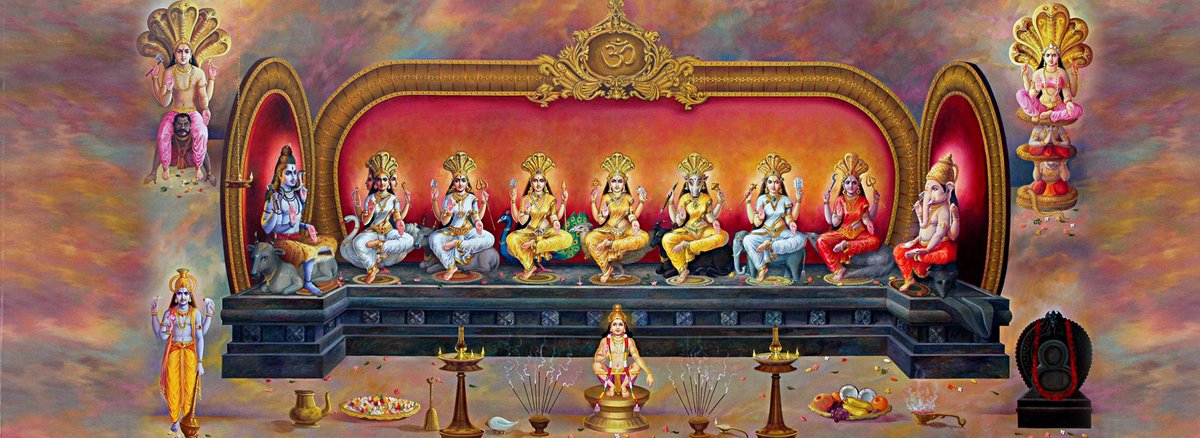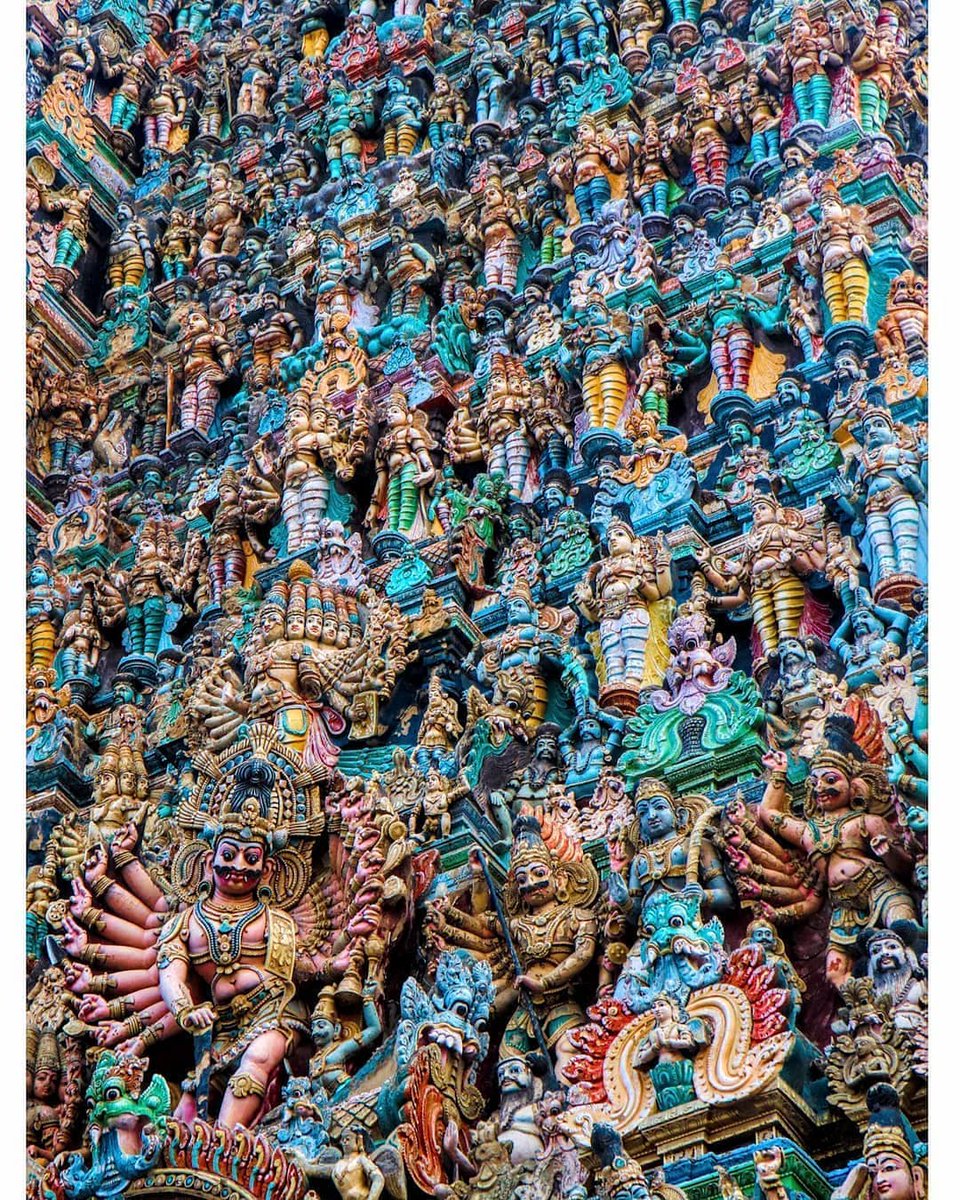Everything else: demo day, what investors you get, how much you raise, what press covers you -- it is all window dressing.
I just gave a talk to the W2021 YC batch. It's my favorite startup audience to talk to. Here are some of the highlights:
Everything else: demo day, what investors you get, how much you raise, what press covers you -- it is all window dressing.
1/ What is \u201cproduct/market fit\u201d? I\u2019m not sure I can give you a definition. But maybe I can share what the subjective difference is in how it feels when you have it and when you don\u2019t. Founding a startup is deciding to take on the burden of Sisyphus: pushing a boulder up a hill.
— Emmett Shear (@eshear) July 27, 2019
YC is really an accountability framework for you to make fast progress in finding PMF. No one wants to be the person that shows up during office hours and reports that nothing got done the last two weeks.
You should outline your values up front. Then make decisions in accordance with your values. I can’t tell you what they should be (and no one else can).
Start with values. Values will keep you together when you face stressful decision points (selling the company, shutting down, pivoting).
With your cofounders, build trust through vulnerability, clear communication, clear areas of responsibility.
More from Justin Kan
More from Startup
🚨 Problem: You are losing time + money building before making your first sale + validate
💡Solution: A comprehensive #nocode @NotionHQ tool with 27 validation steps with scoring to help you validate and shortcut to your first sale
🧵 👇👇

2/
With 5 validation blocks, https://t.co/ePe7HTa9of will help you understand if your idea is viable:
- Validating The Market
- Validating The Problem
- Validating The Value Proposition
- Validating The GoToMarket
- Validating The Willingness To Pay / demand

3/
Have no idea on how to validate?
Easy: Follow the 27 validation checks into 5 validation blocks. One checklist by validation block.

4/
Not sure if a block is validated?
The validation scoring will help you know if a block is validated.
Check, score, validate and move to next block.

5/
What about the execution of every step?
I've got you. Inside every check, you'll find:
- Hands-on section (action items)
- Examples/cases
- Pro Tips
- Explanations and guides
- Questions to help you think and squeeze your brain!

Gamma
Need to create a deck?
Gamma combines the best features of Notion and Canva for you to create effortlessly.
Best features:
- Versatile templates
- Deck redesigns with one click
https://t.co/JJ8P7rLibY

imgcreator by ZMO AI
Stop wasting time looking for stock images.
imgcreator can create realistic images for you based on your text input.
Create original images in minutes.
https://t.co/9F2JgwgYzr
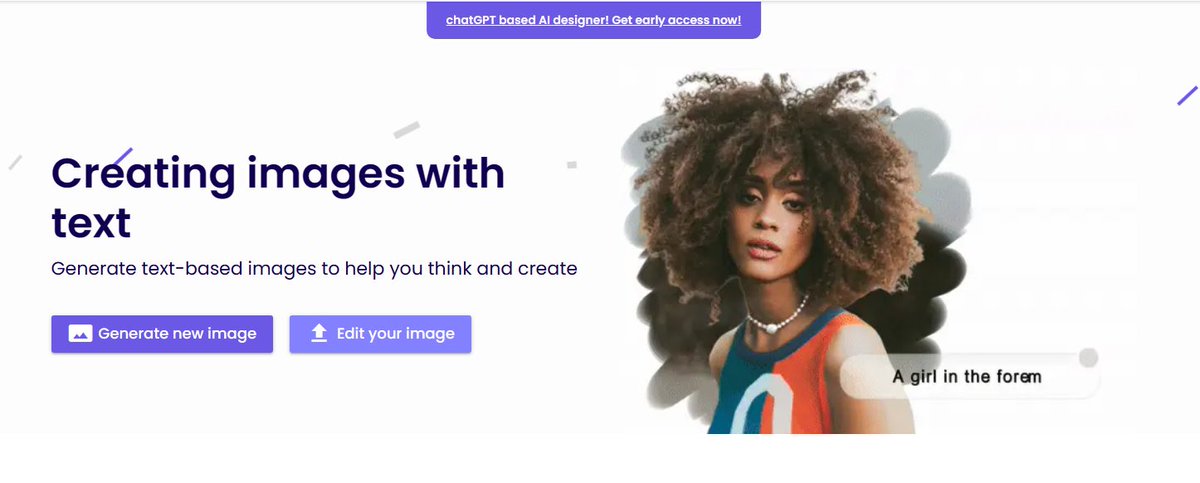
A summary tool driven by AI that is "on a mission to help people be more productive with their knowledge."
Upword accelerates learning by collecting key ideas and creating individualized summaries with a single click.
Make your learning more effective.
https://t.co/8FAwU1GSup
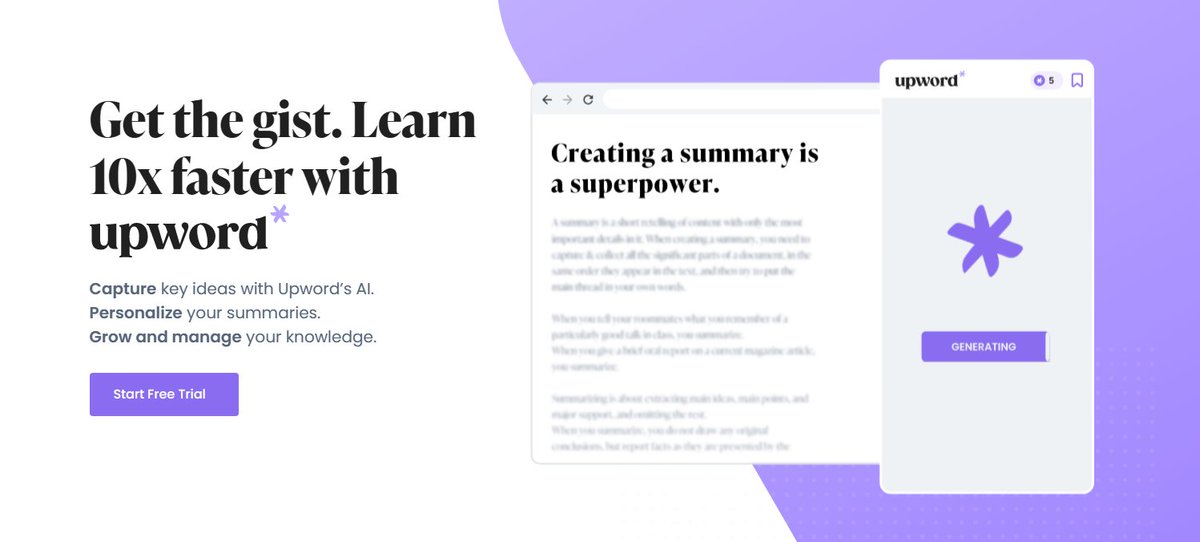
TypeLit lets you kill two birds with one stone:
- Study any book in the world
- Develop your typing abilities
How?
With TypeLit, you can upgrade your typing skills on your favourite books or choose from a dozen more.
https://t.co/vFMAs8Bkfk
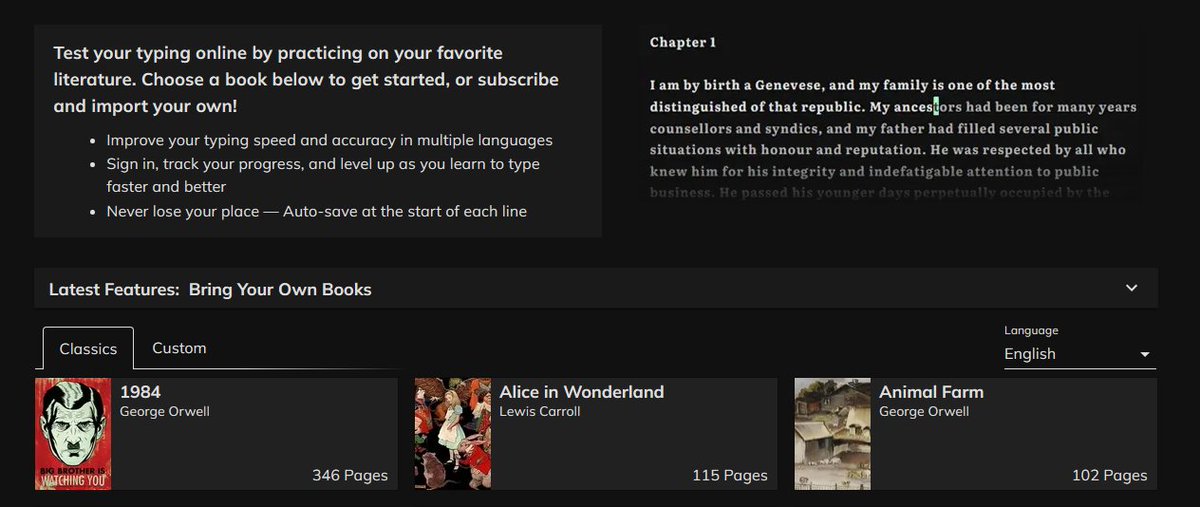
You May Also Like
Five billionaires share their top lessons on startups, life and entrepreneurship (1/10)
I interviewed 5 billionaires this week
— GREG ISENBERG (@gregisenberg) January 23, 2021
I asked them to share their lessons learned on startups, life and entrepreneurship:
Here's what they told me:
10 competitive advantages that will trump talent (2/10)
To outperform, you need serious competitive advantages.
— Sahil Bloom (@SahilBloom) March 20, 2021
But contrary to what you have been told, most of them don't require talent.
10 competitive advantages that you can start developing today:
Some harsh truths you probably don’t want to hear (3/10)
I\u2019ve gotten a lot of bad advice in my career and I see even more of it here on Twitter.
— Nick Huber (@sweatystartup) January 3, 2021
Time for a stiff drink and some truth you probably dont want to hear.
\U0001f447\U0001f447
10 significant lies you’re told about the world (4/10)
THREAD: 10 significant lies you're told about the world.
— Julian Shapiro (@Julian) January 9, 2021
On startups, writing, and your career:

I believe that @ripple_crippler and @looP_rM311_7211 are the same person. I know, nobody believes that. 2/*
Today I want to prove that Mr Pool smile faces mean XRP and price increase. In Ripple_Crippler, previous to Mr Pool existence, smile faces were frequent. They were very similar to the ones Mr Pool posts. The eyes also were usually a couple of "x", in fact, XRP logo. 3/*

The smile XRP-eyed face also appears related to the Moon. XRP going to the Moon. 4/*

And smile XRP-eyed faces also appear related to Egypt. In particular, to the Eye of Horus. https://t.co/i4rRzuQ0gZ 5/*

1. LWJ’s sword Bichen ‘is likely an abbreviation for the term 躲避红尘 (duǒ bì hóng chén), which can be translated as such: 躲避: shunning or hiding away from 红尘 (worldly affairs; which is a buddhist teaching.) (https://t.co/zF65W3roJe) (abbrev. TWX)
2. Sandu (三 毒), Jiang Cheng’s sword, refers to the three poisons (triviṣa) in Buddhism; desire (kāma-taṇhā), delusion (bhava-taṇhā) and hatred (vibhava-taṇhā).
These 3 poisons represent the roots of craving (tanha) and are the cause of Dukkha (suffering, pain) and thus result in rebirth.
Interesting that MXTX used this name for one of the characters who suffers, arguably, the worst of these three emotions.
3. The Qian kun purse “乾坤袋 (qián kūn dài) – can be called “Heaven and Earth” Pouch. In Buddhism, Maitreya (मैत्रेय) owns this to store items. It was believed that there was a mythical space inside the bag that could absorb the world.” (TWX)




